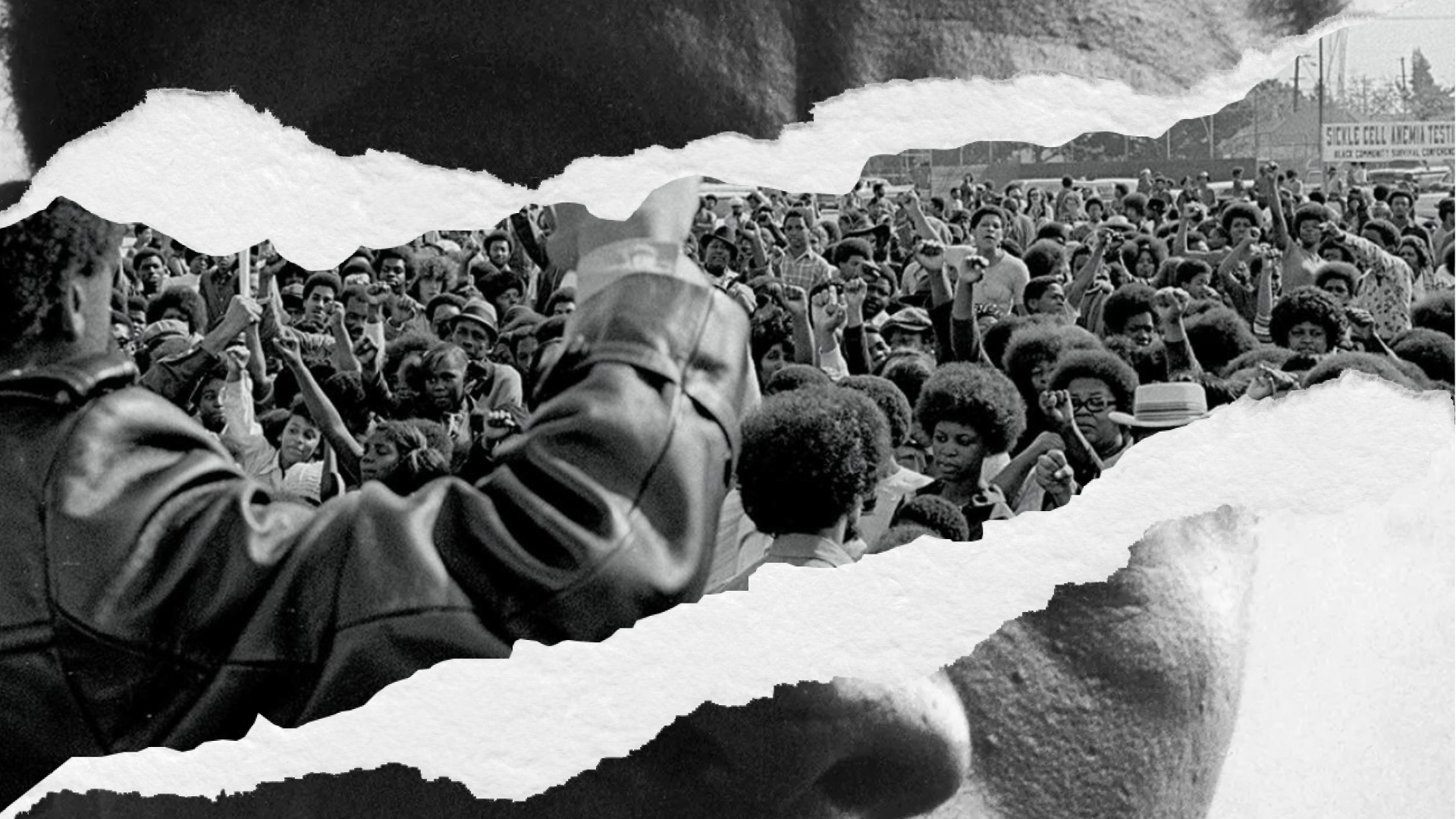Our newest study finds that geographic proximity significantly influences public support for aiding friendly nations under attack. Using survey experiments in Japan and Czechia, they show that people are more likely to support military and non-military interventions when the conflict is perceived as nearby. While Japanese respondents strongly supported aid to Taiwan, Czech support declined for distant crises. The study highlights that perceived distance—not just actual geography—shapes public opinion, with important implications for international alliances and crisis response planning.
Invitation: PRCP Talks with Stephen Brooks
New policy analysis: Collision Course: How Iran and Israel Brought the Middle East to the Brink of War
A new study by Dr. Rob Geist Pinfold, Clive Jones, and Anoushiravan Ehteshami, published in Global Policy, examines how Iran and Israel’s long-standing rivalry has driven the Middle East toward an increasingly dangerous cycle of escalation. The research reveals a surprising role reversal: Israel, traditionally a status quo power, has become the region’s leading revisionist force, seeking to reshape the regional order after the October 7 attacks, while Iran is now on the defensive, aiming to preserve its diminishing influence.
PRCP Annual Conference
The event will take place on April 11, 2025 at the Faculty of Law, Charles University (nám. Curieových 901/7, Prague 1). We are excited to welcome you to our Annual Conference, where we will explore the implications of a new Trump era for Europe. To attend, please register by filling out the form here.
Keynote Speaker: Steve Brooks (Dartmouth College)
We’re excited to see you at the conference!
New publication: Adopted or contested? Examining Israel’s strategic narratives in German media
This study by Tereza Plíštilová and Zuzana Lizcová explores how German media responded to Israel’s strategic narratives during Russia’s 2022 invasion of Ukraine. While narratives linked to Holocaust remembrance were accepted, Israel’s democratic identity and security concerns faced skepticism. Media receptiveness improved when Israel engaged diplomatically, highlighting the role of historical ties and proactive diplomacy in shaping narrative adoption.
New publication: Myth Busting in a Post-Assad Syria
This new study by Dr. Rob Geist Pinfold challenges common misconceptions about Syria’s post-Assad landscape, highlighting the complex power dynamics at play. It reveals that the opposition is highly fragmented and that Assad’s fall was as much a political shift as a military defeat. Despite claims of their diminished influence, Russia and Iran remain deeply embedded in Syria. The study warns against oversimplifications in policymaking and advocates for cautious international engagement.
Invitation: Screening of "I'm not your Negro"
We are delighted to invite you to the screening of the movie “I’m not your Negro”, organised by the PRCP and the Department of North American Studies, FSV UK. The event will take place on March 20th, 17:30 at Hollar (FSV UK building), room no. 014. Register here.
Annual Review 2024
We are happy to present our Annual Review of 2024! The document summarizes all of our highlights from last year, including publications, policy briefs, research grants, events and public outreach.


